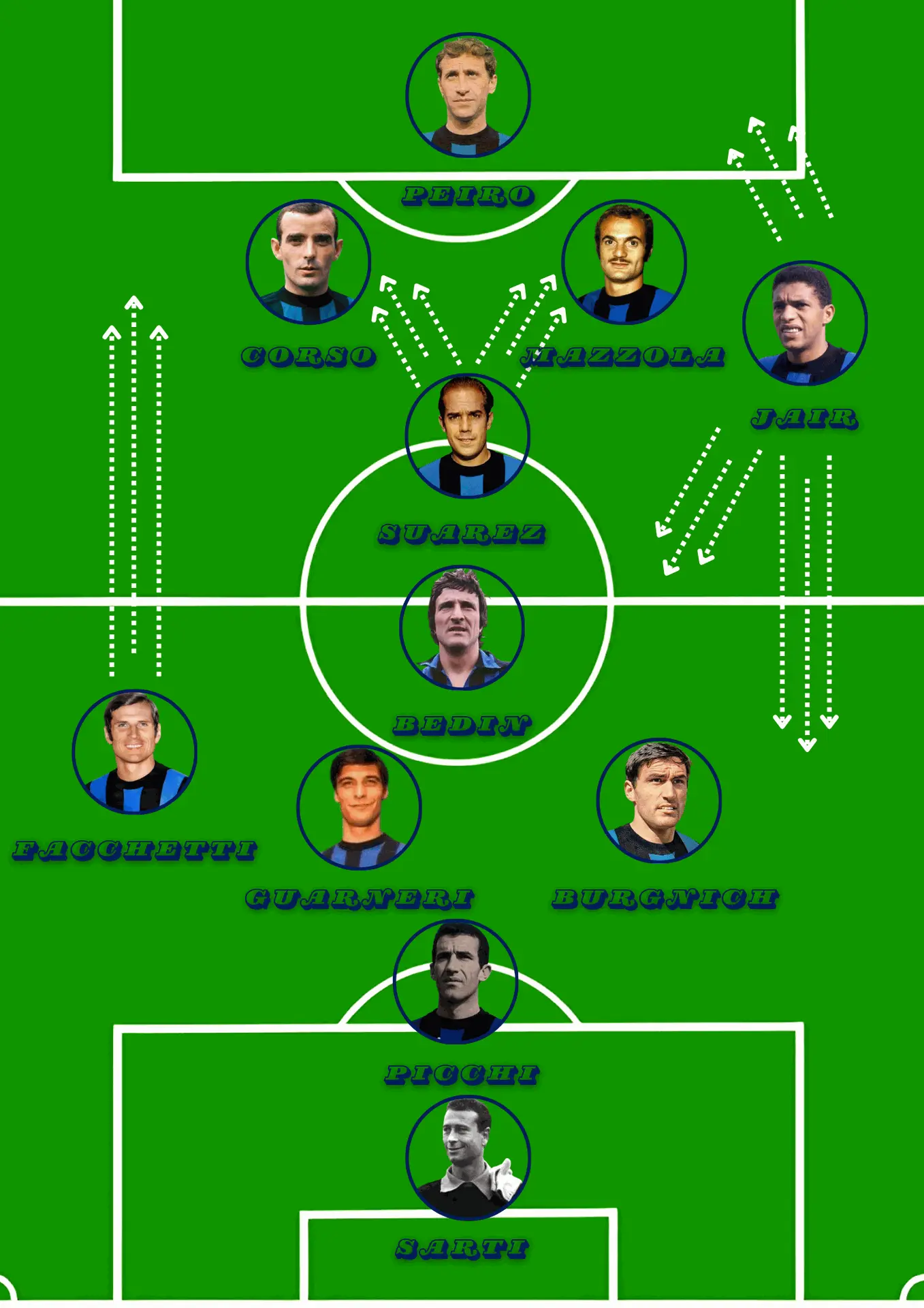A defensively offensive team
The philosophy of a man, a club, a team
Il Grande Internazionale refers to the Inter Milan team of the 1960s which dominated European football with its defensive play championed by their coach at the time: Helenio Herrera.
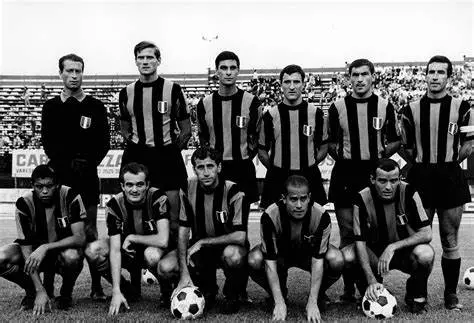
Change comes from a businessman
In 1955, Angelo Moratti, a businessman in the oil world, bought the Internazionale club from Carlo Masseroni. Without success, he recruited the Franco-Argentinian coach of FC Barcelona, Helenio Herrera who had several successes on Spanish soil.
The following year, the coach brought in Spanish midfielder Luis Suárez Miramontes, Ballon d'Or 1960. This is how Il Grande Inter was gradually born. Known for his pronounced tactical aspect, Herrera takes up the system that has fallen somewhat into oblivion: the catenaccio.
A tactic brought up to date
This tactic, which he used in particular between 1960 and 1968, is often considered negatively, yet it is synonymous with great ingenuity. What's more amusing is that the championship (Serie A) is often synonymous with defensive football admired by critics, but when we talk about Inter Milan of the 1960s, this defensive play is criticized in the extreme and stereotypical.
Catenaccio was not invented by Helenio Herrera, but sublimated by him. Indeed, it was Karl Rappan, the coach of Servette Genève in the 1930s who was at the origin of this tactic. At the time, Servette was fighting for its survival and Rappan was trying everything to save his team. Subsequently he became the coach of the Swiss national team and achieved great success. However, his tactics quickly fell into oblivion, before Helenio resumed his precepts.
An important thing to note, Helenio Herrera was not the first to try to introduce this tactical idea in Italy, it was Salernitana manager Giuseppe Viani who used this philosophy. Even Nero Rocco used this idea during his Champions League victory in 1963.
The mental aspect before the physical aspect
For many, Helenio Herrera is the one who highlighted the tactical work and also the hard work of the players. Very pragmatic, only victory mattered to him. Herrera found true belief in his ideas among his players.
For Herrera, the mental aspect was priority, the involvement of his players was essential. Everyone had to give their best. To do this, the coach gave a positive and winning mentality through his words and actions. Even during press conferences, players should not give their feelings but deliver positive messages which will subsequently be relayed in the media. In addition, the players' diet was monitored and controlled in order to have the players in the best possible condition at all times.
During training sessions, he was the first manager to deviate from previous methods. Creating new exercises, he talked about philosophy and tactical approach during training, he also explained all the phases of the game: defense, counter-attack, full-back movements.
Specific player roles
Very low on the pitch, Herrera's tactics with Inter are rigid and precise. The players defend by retreating deep. Once the ball is recovered by the defenders, the objective is to transmit it as quickly as possible to Jair (the spinning Brazilian winger who would explode everything on his right side), to Miramontes (the conductor of the team who would launch his teammates deep with his precise passes), to Corso or Mazzola who were placed under the leading attacker. But the one who is most often forgotten and who is nevertheless one of the essential roles of the team is Picchi, the libero of Inter, he was a free central defender and lower than the others . His role is fluid, he can go higher on the pitch but must also provide security by being the last line before the goalkeeper: Sarti.
To summarize the role of Picchi and that of libero, his goal was to stop players who had passed the defensive line of 4. Every deep lob, every deep pass, every player who manages to dribble past the defense should inevitably face Picchi.
The other essential player in the team is none other than Facchetti, who is considered the first attacking full-back in Europe. He is also considered one of the best players in history. At the time, the full-backs were forced to stay in a specific (defensive) zone, and their only goal was to advance the ball with a pass to their winger.
But Herrera changes that, Facchetti was the perfect player for his philosophy, initially a winger at the start of his career, Herrera brought him back down the field to give him even more space for his accelerations on his flank during counterattacks.
A negatively stereotyped tactic
And so, it is important to detach ourselves from popular belief, Herrera did not put the bus on. Even if there was a line of 5 defenders, it was intended to take up the entire width of the field in order to better counter-attack the opponents.
Herrera had this vision of fluid and fast football, creating the half-back position, but also converting winger Jair da Costa into a real striker, a killer in front of the cages. Facchetti and Jair were the two players who provided balance and thrust to the Inter machine. They made sure the team stayed organized with men behind the ball when the opposition had the ball, but also that it didn't get in their way when they decided to go forward.
The year 1962, the rise of power
During the 1962-1963 season, the Inter team was consolidated with the arrival of players like Jair da Costa and Tarcisio Burgnich, who arrived from Palermo. Helenio Herrera bases his team on a mixture of experience and youth. Mario Corso is particularly known for his “dead leaf” free kicks. The team started the championship slowly but became really strong from mid-season onwards, the club won almost all of its matches, a 4-0 against Bologna confirmed this great success. However, after a victory in the Derby, thanks to an unplayable Mazzola, the cold shower comes with a defeat against Atalanta.
Angelo Moratti is furious at this defeat and orders the team to play with the reserves. The humiliation is present and the feeling of frustration takes over the team, the players crush their next opponent, Genoa, with a score of 6 goals to 0. Two months later, the victory over Juventus, still thanks to very hard work. important from Mazzola, projects Inter towards the Scudetto 1963. The mathematical certainty comes the following week. On the other hand, Inter was eliminated in the quarters of the Italian Cup.
A historic Champions League participation
Victory in Serie A the previous season qualifies Inter for the Champion Clubs' Cup. Due to the increasing number of matches due to the European Cup, the Italian club recruits goalkeeper Giuliano Sarti, striker Aurelio Milani and Horst Szymaniak.
In the Champions League, Inter had no luck and fell directly against Everton. Miraculous in the first leg 0-0, Inter won the second leg thanks to a goal from Jair da Costa. During the round of 16, Inter easily won AS Monaco before playing Partizan in the quarter-final, they qualified despite complicated confrontations. In the semi-finals, it was Borussia Dortmund who faced the Italian club, the first leg ended 2-2 before Mazzola and once again Jair da Costa qualified Inter for the final.
The final will take place at the Prater in Vienna against the great Real Madrid who, despite an aging squad, managed to reach the final. On May 27, 1964, in front of 20,000 people, Helenio Herrera managed to give a tactical masterclass. With precise individual marking, Tagnin on Di Stefano, Guarneri on Puskas, Facchetti on Amancio, Burgnich on Gento, Inter and Helenio Herrera manage to perfectly counter Real Madrid. Inter creates many spaces, and star player Sandro Mazzola sends a missile into the Merengue goals, 1-0. The final result is unanimous, 3 goals to 1 for Inter. Inter won the coveted trophy and also became the first team in Europe to win the Champions League without even suffering a defeat (7 wins and 2 draws).
So close to double
Alongside this Champions League season, the Serie A season is good despite once again a bad start. On the last day of the championship, Inter and Bologna are tied, doubts of doping arise around the Bologna players and the club is deducted 3 points, but ultimately these points are reallocated, Inter and Bologna therefore end up at tie in terms of points with 54 points. In direct confrontations, Inter won a total of 2 goals to 0. But the regulations stipulate that a new match on neutral ground must be played. This was played on June 7, 1964, Bologna winning 2-0, due to an own goal from Facchetti and a goal from Nielsen. A disillusionment for the club which was aiming for the double and which seemed confident in its success.
Once again on the roof of Europe
During the following season: 1964-1965, the structure of the team remained the same, only three recruits were made, the attackers Peiró and Domenghini and the midfielder Malatrasi. This season starts with the Intercontinental Cup which had more value than today and was considered a major trophy. A first 1-0 defeat against Independiente was quickly forgotten upon return by the 2-0 victory in Milan. In order to give a winner, a support match takes place, Inter wins this match 1-0 in Madrid thanks to a goal from Mariolino. Inter becomes the first Italian world champion club.
The start of the season was not good and at the end of January, AC Milan had a seven-point lead. Inter made a comeback with fanfare for the umpteenth time during the second part of the season. Inter won the derby in a crazy match 5-2 and came within one length of their rival. Subsequently, Inter won against Juventus 2-0 while AC Milan lost against Roma. At the end of the season, Inter won their 9th scudetto with a 2-point lead.
As for the Champions League, Inter continues its journey with a double success against Dinamo Bucharest, a crazy first leg, 6 goals to 0 completed by a 1-0 in the return match in favor of Inter. In the quarter, it was the Rangers who stood against the reigning champion, Peiró scored a double at San Siro in a first leg won 3 goals to 1, in the return match, the Rangers only scored one goal, 'Inter are qualified.
The semi-final begins in the worst way for Inter who are swept 3 goals to 1 in England, in the return match, only a miracle can save the Italian club, a miracle that will happen. 3-0 is the final score in favor of Inter at the end of the match in a crazy match where the press of the time did not give much of Inter before the match.
Inter are in the final again, a year later. This time their opponent is Benfica. The Portuguese club then plays its fourth final in five years, and seems more than ever at the top after a semi-final won 5 goals to 1 against Real Madrid.
This match is surely the one that anchored this negative image of Catenaccio in the collective memory. Helenio Herrera understood his opponent perfectly and blocked each opposing player, the spectacle was not there but Inter was solid and convincing. At the end of the first period, it was Jair da Costa who gave Inter the victory with this sad score of 1-0. Inter are therefore double European champions.
The beginning of the end of a reign
To complete their domination, Inter need one last trophy: the Italian Cup. And it is on August 29 in Rome that Juventus-Inter is played, but the blue and black club will not see the light of day in this match, Juventus seizes the trophy.
The 1965-1966 season once again opened with a great victory. In the Intercontinental Cup, the European Champions once again face Independiente, after winning 3-0 in Milan, Inter draws goalless in Buenos Aires. Inter are double world champions.
In Serie A, the opponents are not up to par, Inter are once again champions. In the Champions League, the Italian club still had a good run without winning the trophy: Dynamo Bucharest (1-2/2 -0) and Ferencváros (4-0/1 -1), Inter fell against Real Madrid taking revenge for the 1964 semi-final (0-1/1-1). For now, it is the Italian Cup which seems impossible for them to take, Inter is eliminated in the semi-final.
During the 1966-67 season, the end of the season rhymed with great disillusionment, Inter lost everything in three days, they lost the Champions League final against Celtic 2 goals to 1, and the championship returned to Juventus after a defeat on the last day against Mantua 1 goal to 0. This is how Inter's golden era ends. A fall from the heights.
Trophies :
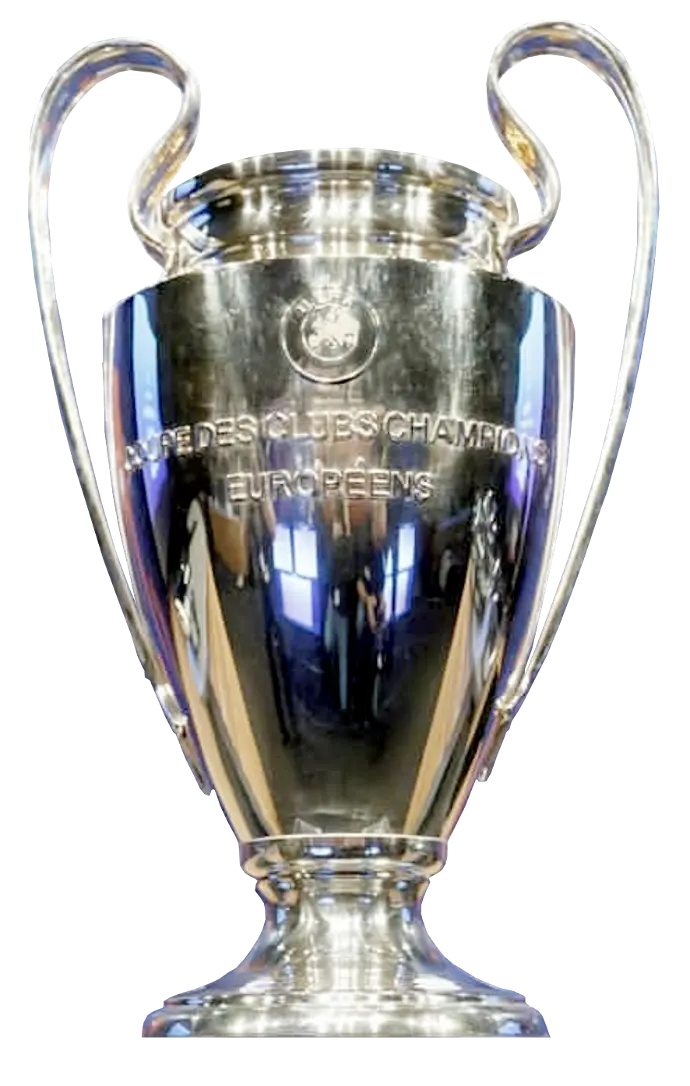
Champions League x2
- 1964
- 1965

Finalist Champions League x1
- 1967
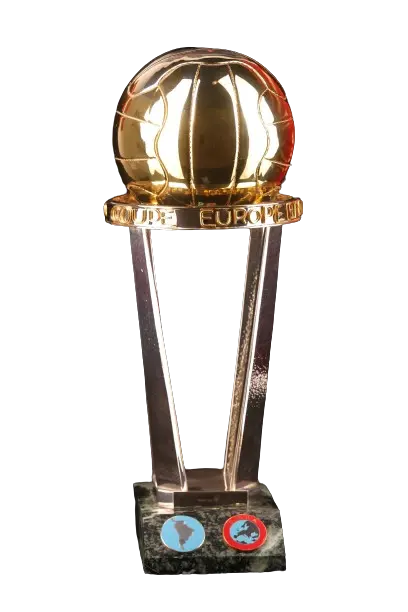
Intercontinental Cup x2
- 1964
- 1965
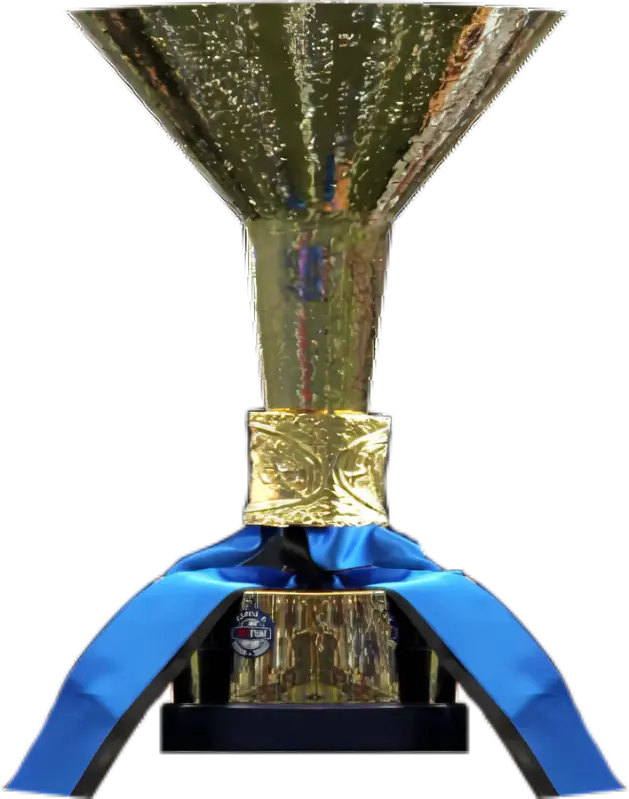
Serie A x3
- 1963
- 1965
- 1966

Vice-Champion Serie A x3
- 1962
- 1964
- 1967
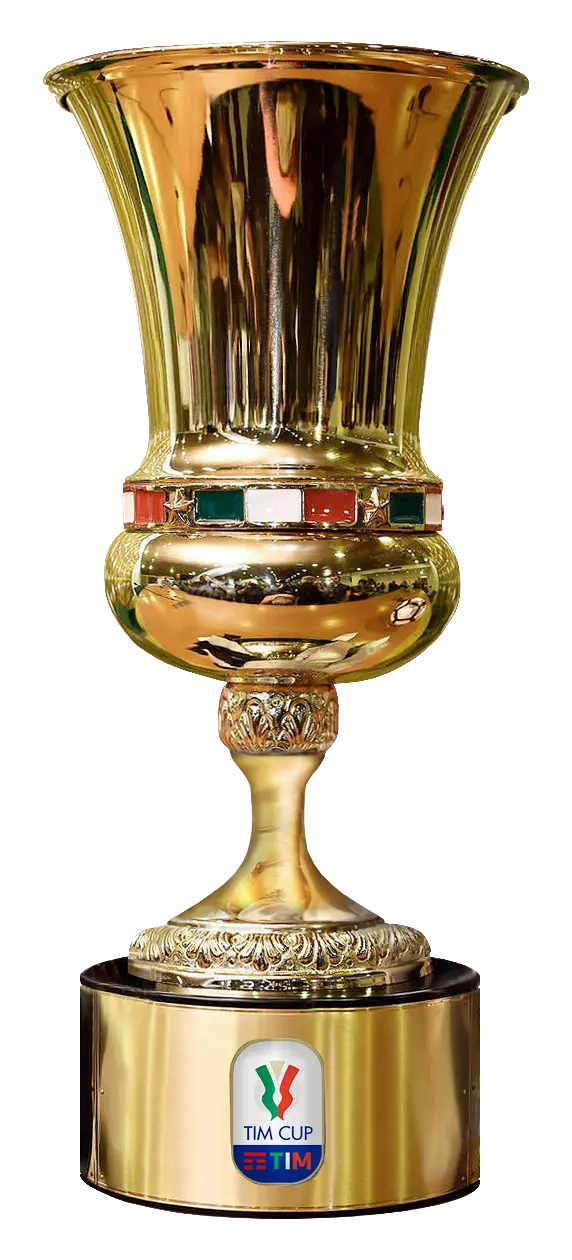
Finalist Italian Cup x1
- 1965
